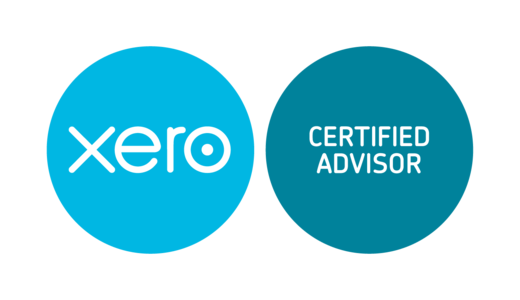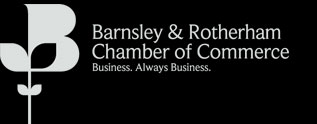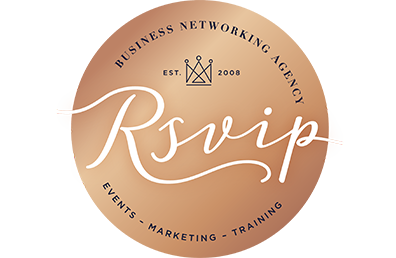What is ‘cash basis’?
Cash basis, is a way for sole traders or partners to work out your expenses for self-assessment tax. It suits some small businesses better than traditional accounting as you only need to declare money when it comes in and out of your business. At the end of the tax year, you won’t have to pay income tax on money you didn’t receive in your accounting period.
Who can use cash basis?
You can use cash basis if you:
- Run a small self-employed business such as a sole trader or partnership
- Have a turnover of less than £150k per year
- If you have more than one business and want to use cash basis, you must use it for all the businesses which must have a cumulative turnover of less than £150k
- If your business grows during the tax year you can use cash basis up-to a total business turnover of £300k, however, traditional accounting should be used for the next tax return
Who can’t use cash basis?
This list outlines which businesses can’t use cash basis:
- Limited companies and limited liability partnerships
- Lloyd’s underwriters
- farming businesses with a current herd basis election
- farming and creative businesses with a section 221 ITTOIA profit averaging election
- Business premises renovation allowances claimed by business
- businesses that carry on a mineral extraction trade
- businesses that have claimed research and development allowance
- dealers in securities
- relief for mineral royalties
- lease premiums
- ministers of religion
- pool betting duty
- intermediaries treated as making employment payments
- managed service companies
- waste disposal
- cemeteries and crematoria
What is the Cash Basis and how does it work?
The Cash Basis is basically a much simpler way of recording your income and expenses for the purposes of your tax return. You basically record money when it comes in and goes out of your business. All money counts cash, card payments, cheques, postal orders, Paypal payments, BACS transfers. You may choose how you record when money is received or paid, for instance the date money leaves your bank account or the date a cheque is written. You must then use the same method each year. Cash Basis doesn’t change the expenses you may claim, just when you claim them. They still have to be valid business expenses of course. So expenses such as electricity and fuel, stationery, things you purchase to sell on, and bank charges are deductible against income when you physically pay for them. Interest payments or bank charges up to a limit of £500 are allowed.
It’s no longer necessary to calculate and claim Capital Allowances. Instead all purchases of equipment and furniture for ongoing use in the business are deductible in full against income as they are paid for. This system is ideal for smaller sized businesses because you will only pay tax on money you have received from customers. You won’t pay tax on invoices you have issued to customers if they have not paid you at the year end. This is completely different to traditional accounting, called the Accruals Basis.
Using the Accruals Basis (which you may still use if you would prefer), income and expenses are recorded when an invoice is issued to customers or is received from suppliers. This means income tax is payable on invoices issued to customers even if the invoice remains unpaid at the year end. One thing which is immediately apparent from this is the adverse effect on cash flow of this system as opposed to the cash basis.
Summary
In summary the cash basis is a much-simplified way of recording income and expenses for small businesses. It allows you to record transactions as money is received or paid as opposed to recording them when invoices are issued to customers or received from suppliers. The biggest advantage of this scheme is you only pay tax on income when money is received from customers. It’s not suited to all small businesses and is optional. However, it certainly may have cash flow advantages for some!
Get professional advice
Please remember this is just a very brief outline of how cash basis can be used and by whom. Please get in touch for professional advice or more information.
Call us on Sheffield 0114 345 0960 or Nottingham 0115 882 0356






